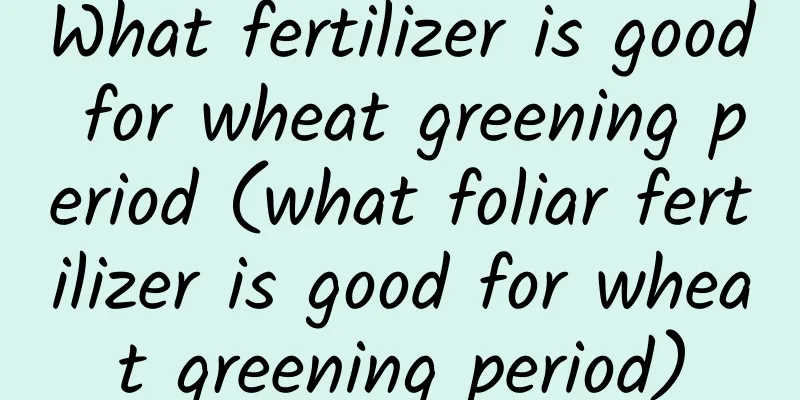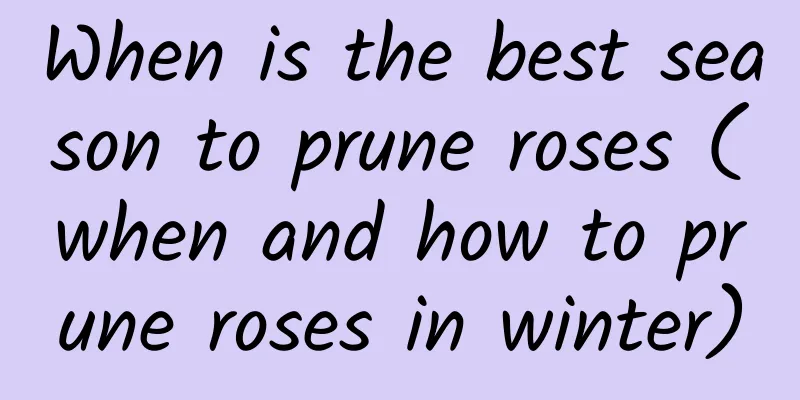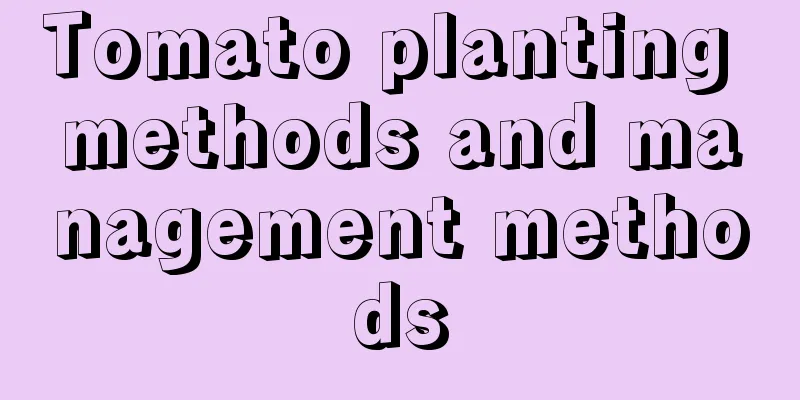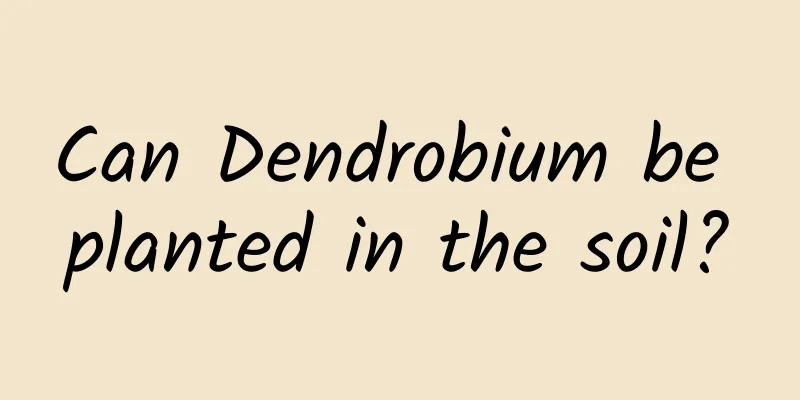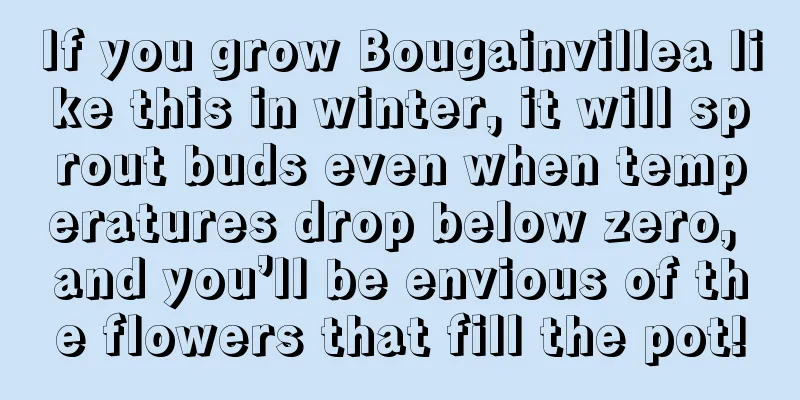Tomato pruning method
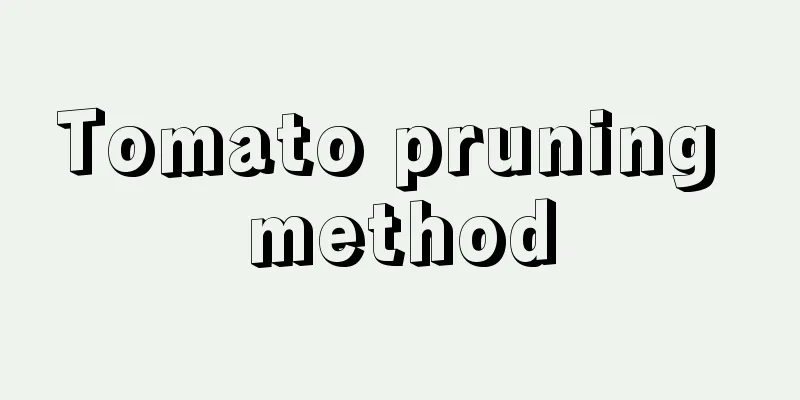
|
Tomatoes are planted over a large area, and pruning is necessary throughout the growing period. Mastering the correct pruning methods can improve its yield and quality. Below, the editor will introduce the pruning methods of tomatoes. Let’s take a look. 1. Tomato pruning method 1. Single stalk pruning That is, only keep the main stem, and start from before flowering, and pick the side branches every once in a while. All the side branches are discarded, and only the main stem and flower twigs are kept. This method is particularly suitable for overly dense planting. 2. Double-pole pruning In addition to keeping the main branch, keep a thick side branch near the first flower, making a total of two branches together with the main branch. Remove all the other side branches, and do not remove them all at once, but in a continuous cycle. 3. Half-trunking One-and-a-half trunk pruning is when pruning is done after the first bunch of fruits has set. A side branch below the first inflorescence of the main trunk is retained and allowed to bear fruit. 2. How to prune tomatoes 1. Pruning time The best time to prune is in the morning when the weather is clear. Avoid pruning in rainy weather or during high temperatures at noon to avoid affecting wound healing and plant growth. 2. Pruning method There are two main methods of tomato pruning: pinching and topping. Pinching is to remove the growing point of the plant to promote the growth of side branches; topping is to remove the growing point at the top of the plant to control the height of the plant and promote fruit development. Choose the appropriate pruning method according to your needs. 3. Disinfection in time After pruning, the wound should be disinfected in time to avoid the occurrence of diseases. You can apply an appropriate amount of disinfectant such as wood ash or sulfur powder to the wound. 4. Notes After pruning, management should be strengthened, including timely watering, fertilizing, weeding, and prevention and control of diseases and pests to ensure normal growth and yield of the plants. The above is the pruning method for tomatoes. The tomato branches grow vigorously. If not controlled, the plants will become too dense, affecting ventilation and light transmission, increasing the occurrence of diseases and pests, and also consuming a lot of nutrients, causing the number and quality of the fruits to decrease. Growers can master the above pruning methods.
|
<<: What is the best soil for potted peony and how to prepare the soil
>>: How to spend the winter in potted peony and how to care for it in winter
Recommend
What is the symbolism and meaning of the flower language of Dendrobium?
Flower language of Dendrobium Welcome, dear. Kind...
Cultivation methods and precautions of Tamarix
Tamarix is very easy to grow and has a strong a...
Can heather be pruned?
1. Can it be trimmed? Heather can be pruned, and ...
The growing environment and local conditions of chrysanthemum
Chrysanthemum Growth Environment and Conditions C...
What does the chrysanthemum symbolize?
1. Flower Language Different chrysanthemums have ...
How to deal with dahlias after they bloom
Dahlia post-flowering treatment 1. Pruning After ...
How to grow Gardenia in October, spray it with "it", the leaves will be green and the flowers will bloom
Recently, when Huahua was watering her gardenia, ...
How to grow azaleas better and more vigorously? How to grow potted azaleas at home
We usually buy rhododendrons with pots, and some ...
Ground bean planting time and method
Ground bean planting time If you want to plant be...
To avoid absorbing formaldehyde and preventing secondhand smoke, choose these 7 kinds of flowers!
Gardenia Main Benefits: Absorb nicotine and sulfu...
Do lemon trees like water or drought?
Do lemon trees prefer moisture or drought? Lemon ...
How to grow Chlorophytum comosum so that it blooms
Chlorophytum comosum flowering time Chlorophytum ...
Flowering period control of peony
Peony Flowering Season Peony flowers grow individ...
Snapdragon Varieties
Common varieties of snapdragon: Flower Rain serie...
The language and symbolism of irises
Symbolism Europeans love irises and believe that ...
